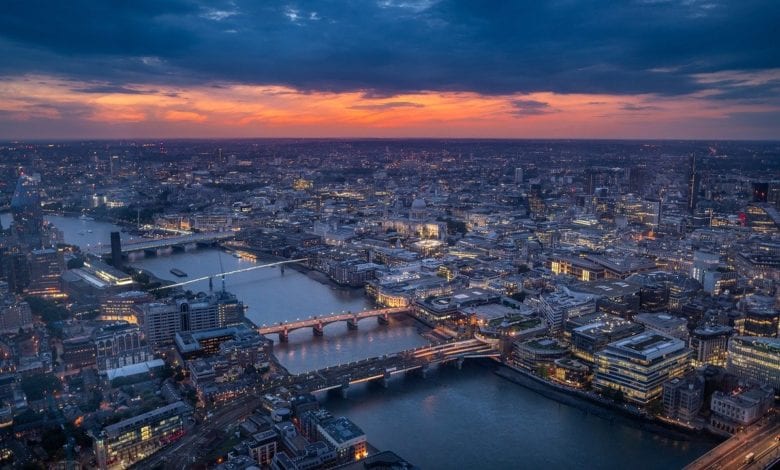UK hotel industry shows resilience in November
The market was resilient despite occupancy rates, room rates, revenues and gross operating profits (GOP) declining in the month, RSM has assured

The UK hotel industry showed some signs of resilience in November, despite occupancy rates, room rates, revenues and gross operating profits (GOP) declining in the month, the latest RSM Hotels Tracker has found.
Occupancy rates dipped from 74.4% (October) to 71.5% (November), with London hotels seeing a similar decrease (76% in October compared to 73.8% in November). Occupancy also continued to lag behind pre-pandemic levels of 78.4% (UK) and 82% (London) in November 2019.
Average daily rates (ADR) of occupied rooms were down from £149.87 (October) to £144.74 (November) in the UK, and from £237.53 (October) to £227.66 (November) in London. However, ADR of UK hotels is still 19% higher than the same period in 2019, and 22% higher for London hotels.
Revenue per available room dropped from £111.52 (October) to £103.45 (November) in the UK, with a slightly sharper fall in London, from £180.58 to £167.98.
Gross operating profits of UK hotels also fell from 39.2% (October) to 35.1% (November), and from 46.8% to 43.4% in London, highlighting that, despite room rates remaining strong, the increases in costs are hitting the bottom line.
The data, compiled and produced by Hotstats and analysed by RSM UK, highlights the “cyclical nature” of the industry when occupancy and room rates, revenues and GOP tend to fall at this time of year, RSM said.
Chris Tate, head of hotels and accommodation at RSM UK, said: “Although initially these figures may look concerning due to the reductions across the board, this dip is pretty usual in the seasonal cycle for the sector, and nothing out of the ordinary.
“In fact, given the pressure on their margins from wages, rising costs and the impact of ongoing train strikes causing business trips to be cancelled, hoteliers are showing degrees of resilience and currently managing to weather the storm even though their margins are being squeezed.”
He added: “With rising inflation, the sector has done well to pass on a large portion of the cost increases. However, we’re starting to see that not all of these costs can be passed on to consumers, nor is it sustainable. Despite the jump in average daily rates of rooms when compared to pre-pandemic levels, gross operating profits have fallen behind 2019 levels, suggesting hoteliers are having to shoulder some of these extra costs themselves.
“As the first restriction free lead up to Christmas in three years, corporates took advantage of being able to hold large scale conferences, while people jumped at the opportunity to attend in person events. But with heavy industrial action over the Christmas party season, and the cost-of-living squeeze impacting on consumers’ disposable income, we may see the hotel sector face challenging trading conditions in December’s figures.”









